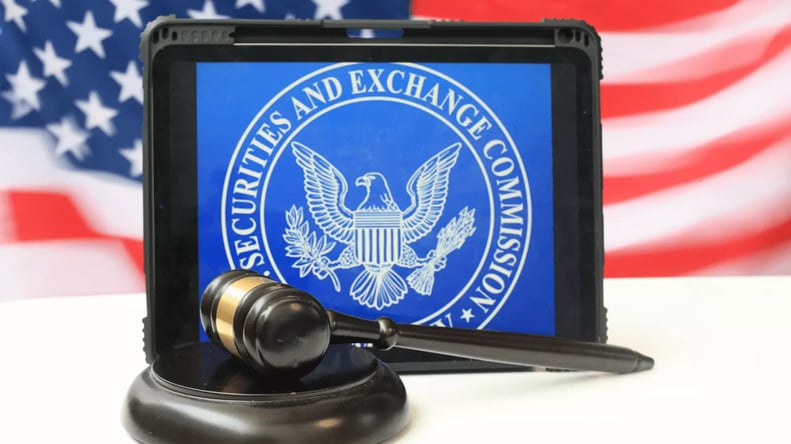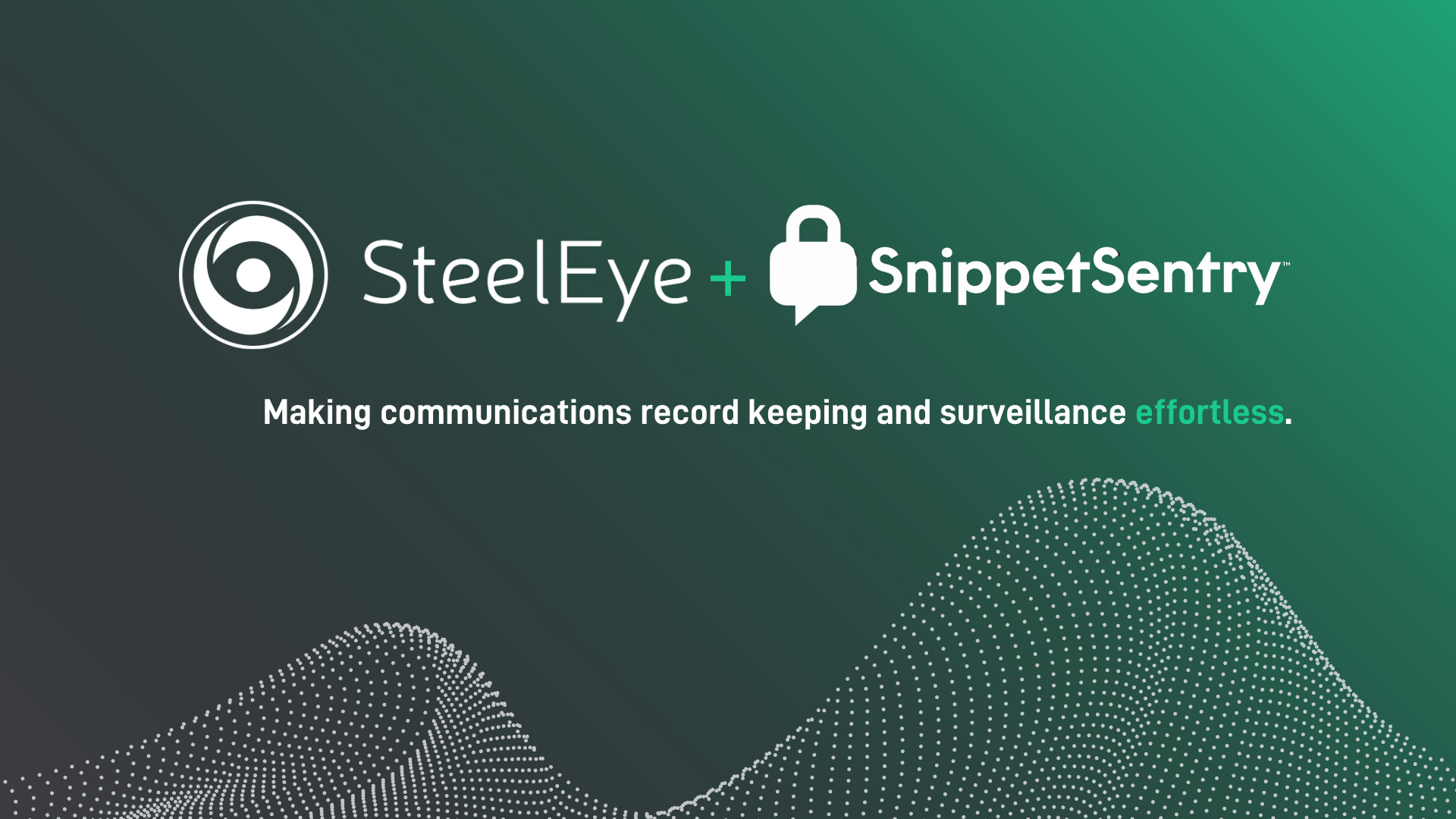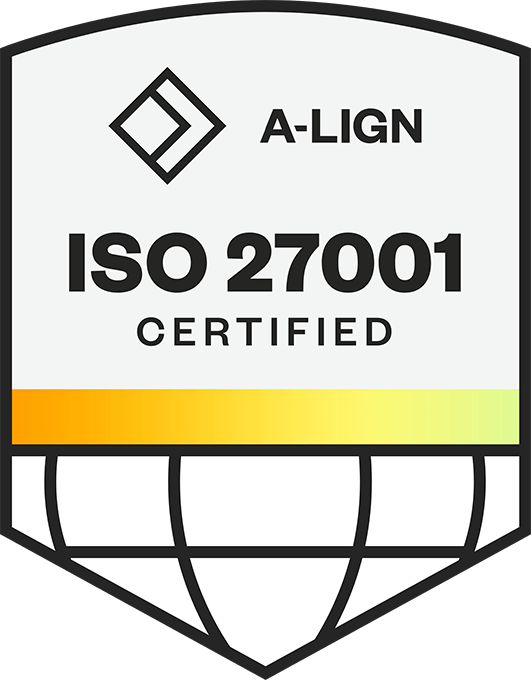
On October 12, the Securities and Exchange Commission adopted amendments to the requirements for electronic record keeping, prompt production of records, and third-party record keeping services that broker-dealers, security-based swap dealers (SBSDs), and major security-based swap participants (MSBSPs) must comply with.
The rule being amended had not been updated for 25 years. This is a move by the SEC to lay the foundation for a principles-based and technology-neutral future for record keeping rules. The amendments should make the examination of broker-dealers, SBSDs, and MSBSPs easier for the regulator.
The previous rule requires firms to preserve electronic records exclusively in a non-rewriteable, non-erasable format, known as the write once, read many (WORM). The amendments add an audit-trail alternative, under which electronic records can be preserved in a manner that permits the recreation of an original record if it is altered, over-written, or erased.

Also, to make examinations easier and more efficient, the amendments require broker-dealers and all types of SBSDs and MSBSPs to “produce electronic records to securities regulators in a reasonably usable electronic format”.
The compliance dates for the new requirements will be six months after publication in the Federal Register in the case of broker-dealers and 12 months after publication in the Federal Register in the case of SBSDs and MSBSPs.
It remains to be seen how quickly the industry will change its electronic data storage processes in the wake of these rule changes. The proposal focuses on broker-dealers and is targeting security-based swap dealers who are building new systems to deal with upcoming security-based swap reporting (SBSR) requirements. The CFTC updated its electronic record storage language in 2017 to be “technology neutral”, and investment advisors also no longer need to use WORM storage. However, FINRA still requires a WORM storage format.
Firms may not want the cost and complexity of running two different systems to meet different regulatory demands. However, the SEC also said that it hoped that the new requirements may reduce costs for firms. For example, firms that already use audit-trail technology for their day-to-day records may now use that technology to comply with this rule, rather than having to also create, maintain and store physical WORM-compliant CDs going forward.

The new amendments were also designed to be more supportive of using cloud service providers for the retention and storage of these records, which should help firms reduce costs further.
Yet, some of the commissioners felt that the new amendments did not go far enough in providing a principles-based approach that would be future-proof. For example, Commissioner Hester Peirce said:
"We could be far more confident in the staying power of our rule if we were instead considering a principles-based approach that specified the objective we expected firms to achieve and allowed them to find the best technology available to them to reach this goal. For example, we could have specified that a broker-dealer needs to be able, upon request from the Commission, to retrieve any record it is required to maintain, as of any date specified by the Commission. This kind of rule would ensure that firms are capable of doing what we expect them to be able to do under the rule we are considering today.”
In general terms, the new rule represents progress toward the ability of firms to use new technology to harvest, store, and provide access to electronic communication records. Commenting on the rule amendment, SEC Chair Gary Gensler said:
“I am pleased to support these rule amendments because they will bring the Commission’s electronic record keeping requirements for intermediaries such as broker-dealers and security-based swap dealers in line with technological innovation. Since the 1930s, record keeping obligations have been vital to maintain market integrity and the SEC’s work as the cop on the beat. Today’s rule amendments will facilitate the SEC’s ability to examine and inspect records consistent with modern technology. This will enhance the Commission’s ability to preserve market integrity and protect investors.”

The amendments impact Rules 17a-4(f) and (j) under the Securities Exchange Act of 1934, which cover the electronic record keeping and prompt production of records requirements for broker-dealers. Rules 18a-6(e) and (g) under the Exchange Act set forth the electronic recordkeeping and prompt production of records requirements for SBSDs and MSBSPs.
You can learn about the SEC’s and CFTC’s record keeping rules here:

How SteelEye supports North American firms with record keeping compliance
SteelEye brings together structured and unstructured data from a wealth of sources and stores it in an immutable format in line with CTFC, FINRA, and SEC record keeping rules.
All data is archived in a tamperproof format with optional WORM capabilities, meeting regulatory demand. It is then made instantly searchable and retrievable, enabling firms to easily find any record in a matter of seconds, build auditable cases for investigation, and export data for the regulator.
Learn more












